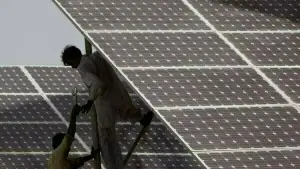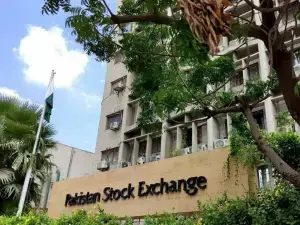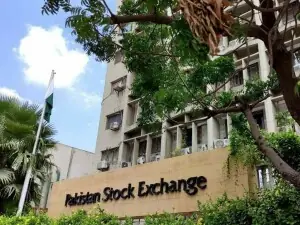International rights and labour groups called Sunday for urgent action to protect migrant workers from abuse in the oil-rich Gulf countries. Ahead of a meeting this week of Gulf and Asian labour ministers, 90 groups issued a statement saying millions of Asians and Africans are facing abuses including unpaid wages, confiscation of passports, physical violence and forced labour.
"Whether it's the scale of abuse of domestic workers hidden from public view or the shocking death toll among construction workers, the plight of migrants in the Gulf demands urgent and profound reform," said Rothna Begum, Middle East women's rights researcher at New York-based Human Rights Watch.
HRW was one of the signatories of the statement, along with other groups including Amnesty International, the International Trade Union Confederation and the International Domestic Workers Federation.
Ministers from the Gulf Co-operation Council (GCC) and Asian countries are meeting in Kuwait on November 26 and 27 for the third round of the so-called Abu Dhabi Dialogue on labour migration. About 23 million foreigners, including at least 2.4 million domestic servants, live in the six-nation GCC that groups Bahrain, Kuwait, Oman, Qatar, Saudi Arabia and the United Arab Emirates.
GCC countries have come under fire for the kafala system of sponsorship for migrant workers, which is used to varying extents across the Gulf. It restricts most workers from moving to a new job before their contracts end unless they obtain their employer's consent, trapping many workers in abusive situations, the statement said.
The rights groups called for comprehensive laws to protect migrant labourers and reform the kafala system to allow workers to change employers without permission from their sponsors.
Representatives of some of the groups also held a seminar at Kuwait University on the plight of domestic workers in the Gulf.
Begum said that reports and investigations by HRW and other rights groups have found common patterns of abuse against domestic workers in the Gulf including unpaid wages, no rest periods, excessive workloads, food deprivation and confinement in the workplace.
In several cases, domestic workers reported physical or sexual abuse and had been in situations of forced labour, including trafficking, she said.
Marieke Koning of the International Trade Unions Confederation said all six GCC states signed a landmark International Labour Organisation Convention issued in 2011 to extend the labour laws coverage to domestic workers, but none implemented it.
Begum said GCC states are studying a model common contract for domestic workers. Qatar and the UAE both have a draft law for domestic helpers but these have not been implemented. Bahrain has reformed its labour law to extend some benefits to maids, while Saudi Arabia issued a decision last year granting domestic workers a nine-hour rest per day and one month's leave after two years of service, Begum said.
BR100
16,307
Increased By
236.2 (1.47%)
BR30
51,537
Increased By
1163.4 (2.31%)
KSE100
157,953
Increased By
1775.7 (1.14%)
KSE30
48,199
Increased By
520.5 (1.09%)






















Comments
Comments are closed.